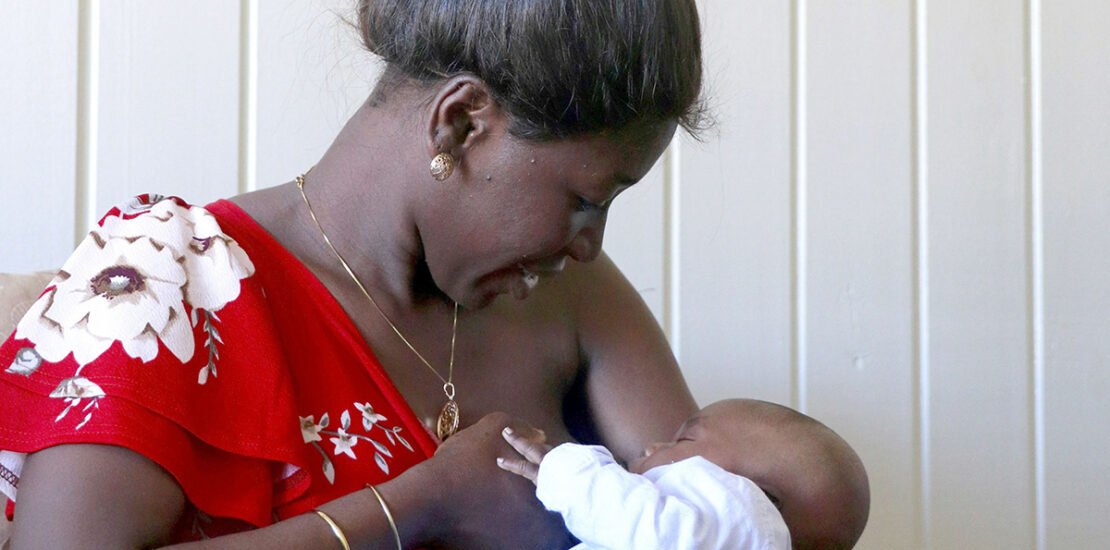Uganda Faces Critical Challenge as 43% of Infants Miss Exclusive Breastfeeding
- June 5, 2025
- Posted by: CEFROHT Reporter
- Category: News Updates

Constitutional Petition No. 22 of 2022 Seeks Legal Reforms for Working Mothers
Uganda has an estimated 900 children under 14 living with diabetes. Across Africa, type 1 diabetes affected 166,400 children and adolescents in 2015, with 7,600 new cases diagnosed annually. While comprehensive data on type 1 diabetes prevalence in Uganda remains scarce, reports from Mulago National Referral Hospital and Masaka Regional Referral Hospital—key centers for childhood diabetes care—suggest a concerning increase in cases, leading to significant illness and death among those under 18.
Under Uganda’s Constitution and the Children Act, the government is obligated to implement laws restricting the marketing of unhealthy foods—particularly those high in fats, sugar, and salt—to children. This measure aims to curb the surge of non-communicable diseases (NCDs).
In 2019, the Center for Food and Adequate Living Rights (CEFROHT) filed a lawsuit against the Ugandan government and the Uganda Communications Commission (UCC) for failing to regulate the promotion of unhealthy food and beverages to children. The case, filed under the Human Rights Enforcement Act, demands a ban on advertising such products across all media, including online platforms. Additionally, CEFROHT seeks to prohibit in-school promotions and the use of children in marketing processed foods and sugary drinks.
The organization also advocates for mandatory nutrient profiling and front-of-pack warning labels to help parents make informed dietary choices for their children. The case is now before the Court of Appeal, with all parties having submitted their arguments. Preparations are underway for oral hearings.
CEFROHT continues to leverage the lawsuit in its broader campaign to promote healthier diets for children and combat the escalating NCD crisis.
